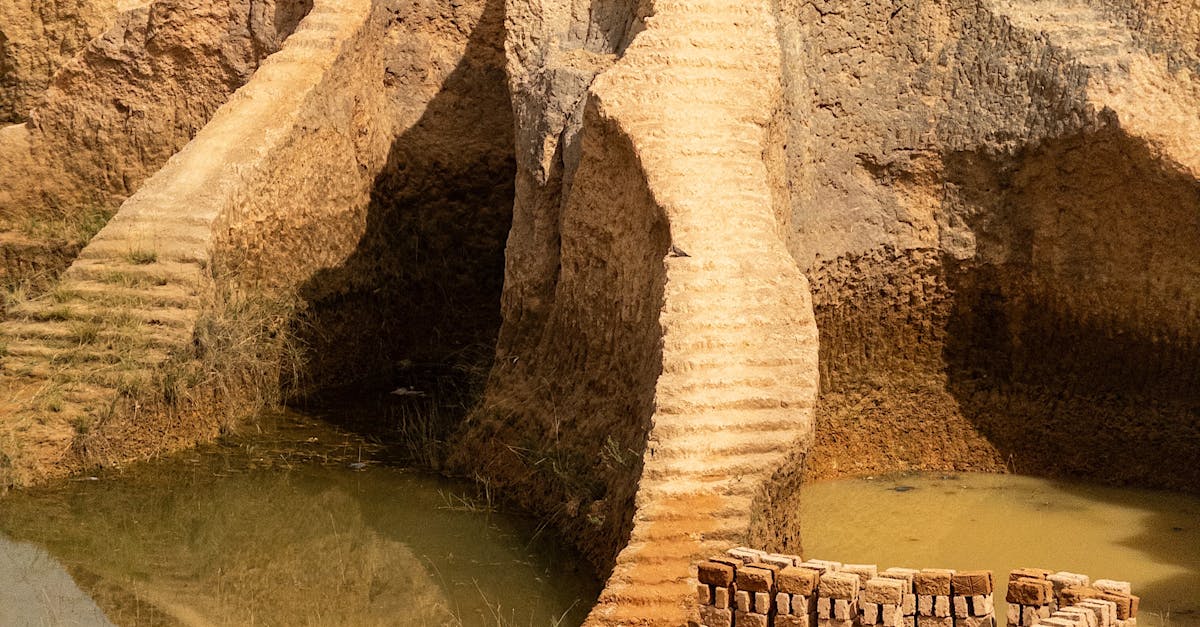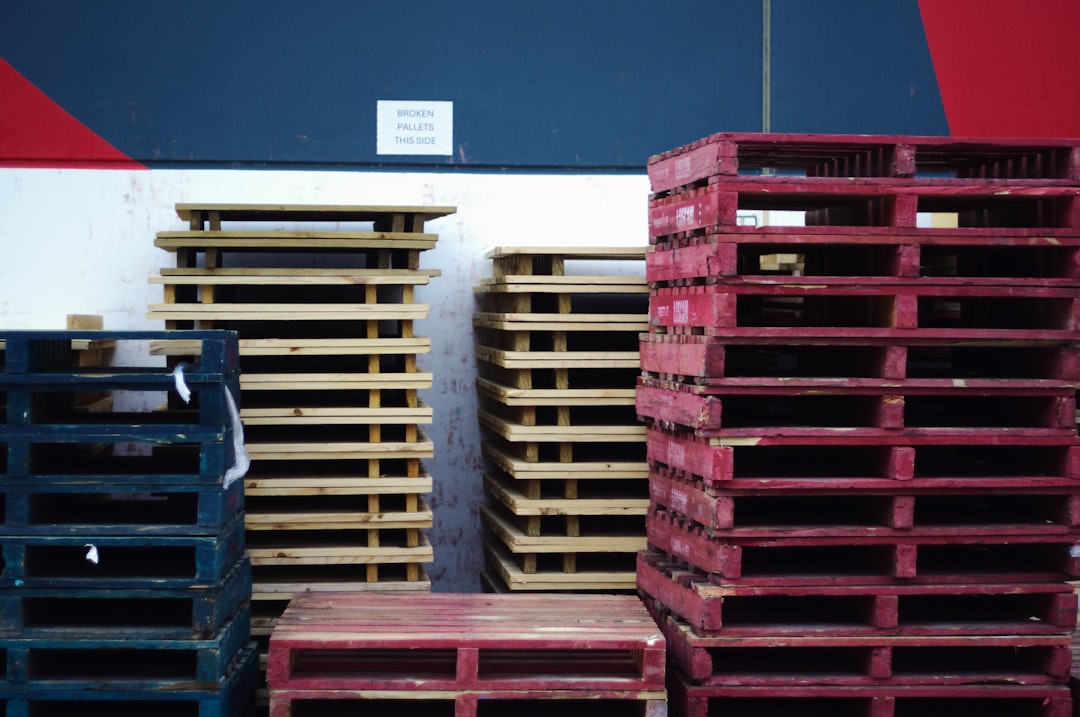
Mining geologists play a pivotal role in the exploration and extraction of mineral resources. Their expertise is fundamental to locating viable deposits, assessing their potential, and ensuring the efficient and sustainable development of mining projects. These professionals combine geological science with engineering principles to inform the entire mining process, from initial surveys to the eventual extraction of resources.
At the heart of a mining geologist’s work is the study of rock formations and the identification of valuable minerals. By analysing geological data, they can predict the location and quality of mineral deposits. This process often begins with field studies, where geologists collect samples and conduct surveys. They then use this information to create detailed geological maps and models that guide mining operations.
The importance of mining geologists extends beyond mere location scouting. They are also responsible for evaluating the economic viability of a site. This involves estimating the size and quality of the deposit and assessing the costs associated with extraction. Their analyses help mining companies make informed decisions about which sites to develop and how to allocate resources effectively.
Moreover, mining geologists play a crucial role in ensuring that mining activities are conducted sustainably. They assess the environmental impact of mining operations and work to minimise any adverse effects. This might involve developing strategies to manage waste, rehabilitate land, and protect local ecosystems. By addressing these environmental concerns, mining geologists help companies adhere to regulations and maintain their social licence to operate.
In addition to their technical skills, mining geologists must possess strong communication abilities. They often work closely with engineers, project managers, and other stakeholders to ensure that mining projects are executed efficiently and safely. Their ability to convey complex geological information in a clear and concise manner is essential to the success of any mining operation.
For those interested in pursuing a career in this field, a background in geology, earth sciences, or a related discipline is typically required. Many mining geologists hold advanced degrees and have specialised training in areas such as mineralogy, petrology, and geochemistry. The field offers a dynamic and rewarding career path, with opportunities to work on diverse projects around the world.
As the global demand for minerals continues to rise, the role of mining geologists becomes increasingly important. They are at the forefront of efforts to discover new resources and develop innovative mining techniques that reduce environmental impact and improve efficiency.
For more information on how mining geologists contribute to the industry and the services they provide, visit Goldfields Technical Services. Their expertise is crucial to the sustainable development of the mining sector, ensuring that valuable resources are harnessed responsibly and effectively.







